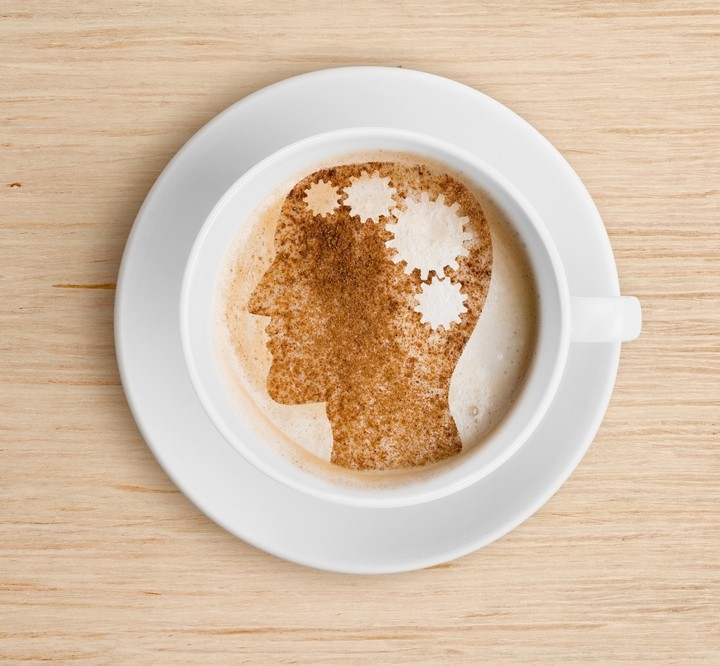Caffeine-brain connectivity gets scientists twitchy with elderly brain boosts in prospect

A collaboration between Sweden, Finland, the UK and Japan has shown the stimulant’s ability to enhance neuronal connections, memory and cognition by promoting brain connectivity.
“Caffeine is one of the most widely-consumed substances in the world, but we know relatively little about how it affects neurons and their cellular function,” said paper co-author professor Juha Kere of the Karolinska Institutet in Sweden.
“Learning more about how caffeine affects our bodies at this level could help explain why coffee and caffeine seem to reduce risk of certain diseases, and improve memory and cognition.”
Caffeine is the principal alkaloid in coffee, tea, and sports energy drinks. Its psychoactive capabilities are highly valued with extending to improvements to cognitive performance, memory and mood as well as increased alertness.
Its regular consumption is also linked with possible protection against cognitive decline especially Parkinson’s disease.
However, caffeine also negatively affects sleep quality and may increase anxiety in sensitive individuals.
Caffeine investigations
Researchers from the Karolinska Institutet, University of Helsinki and King’s College London activated neurons using between three and 10 micromols (μM) of caffeine.
These figures represent average human consumption levels and were applied over one, three and nine hours.
Findings revealed a dosage-dependent response, which activated genes that responded within minutes of cellular stimuli.
The higher the caffeine dose in the experiment, the quicker the genes were activated. Many of these genes are linked to the immune system learning and memory.
The study was able to determine that caffeine upregulated or ‘boosted’ some neuronal processes, whilst downregulating others.
Caffeine was found to downregulate immune system processes and upregulate neuronal projection development processes (which are linked to memory and other neuronal connectivity).
Applications for the elderly?
“Our research shows that inhibition on neuronal connectivity is downregulated by normal levels of caffeine – similar levels to what you might drink in a day,” professor Kere continued.
“This might well help understanding in part why coffee has been suggested to improve memory and protect against memory loss in the elderly.”
The study hypothesised that caffeine had an inherent regulatory effect on gene expression towards increasing neuronal cell connectivity.
Caffeine was able to regulate genes for axon growth and more generally neuron projection development.
“If the activation of neuronal connection/development pathways could be observed in a long term treatment model, it might help explain the links between caffeine and improved cognitive performance, as well as suggested protective effects against Alzheimer disease in epidemiological studies.”
Source: Nature Scientific Reports
Published online ahead of print: doi:10.1038/s41598017115746
“Acute doses of caffeine shift nervous system cell expression profiles toward promotion of neuronal projection growth.”
Authors: Juha Kere et al.













